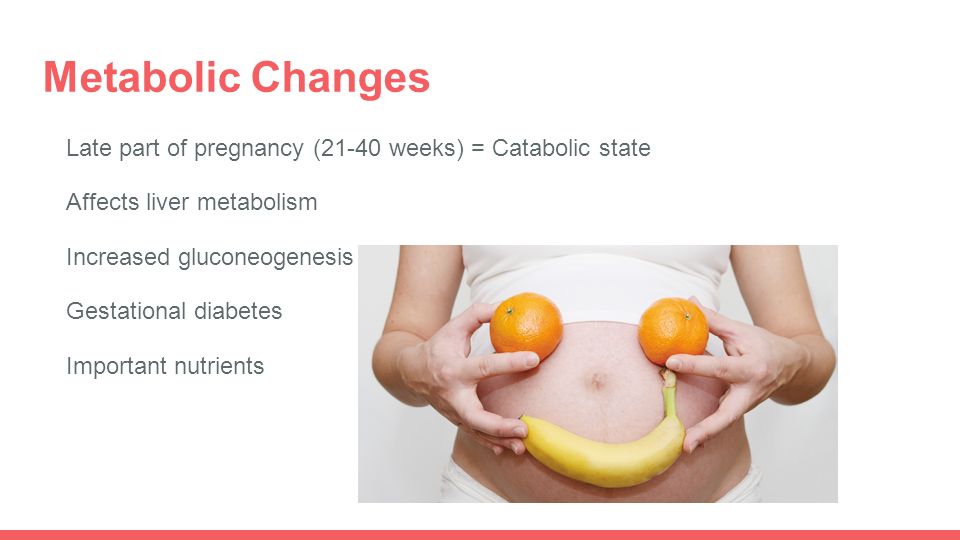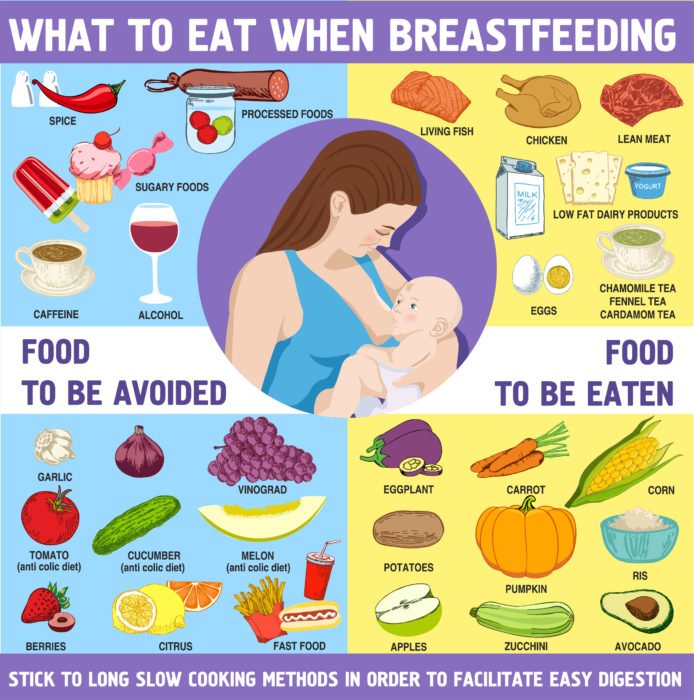Throwing up yellow during pregnancy
Throwing Up Yellow and Pregnant: Causes and Treatments
If you’re pregnant, you may be paying way more attention to everyday aches, pains, discomforts, and bodily fluids than usual.
Since many common pregnancy symptoms fall into two categories — annoying but totally harmless and warning signs of a serious problem — you may find yourself focusing intensely on each and every burp, fart, cramp, twinge, and craving, wondering whether you should ignore it or call your doctor.
And while you were expecting to do some puking during pregnancy, you might not have expected it to be yellow — and now you don’t know what to do about it.
That’s OK! We do know, and we’re happy to tell you.
Yup, it certainly can be!
Yellow vomit is just stomach acid. When you don’t have any food in your stomach but you’re still throwing up, it’s inevitable that you’ll start vomiting the only thing left in there: bile.
Bile is acid produced by your stomach to help break down your food.
If you’re throwing up first thing in the morning when you haven’t eaten anything yet — or if you’re persistently throwing up — it’s normal to eventually see yellow bile instead of whatever your last meal was.
The most likely reason you’re throwing up yellow liquid during pregnancy is the same reason you’re throwing up anything at all during pregnancy: hormones.
Particularly in the first trimester, pregnancy hormones like estrogen and progesterone are skyrocketing.
You’re also developing higher levels of hCG, or human chorionic gonadotropin, as your body accepts the fact that it’s now home to a growing human being (and needs to prepare itself, stat).
So, the puking is normal, but again, because you might be doing it more often than usual and way more often first thing in the morning with an empty stomach, it’s likely to be yellow at least once in a while.
Depending on whether you’ve had any liquids recently and how vigorously you’re throwing up, the consistency of your yellow vomit might vary.
It could be super liquidy and clear, foamy, or even thick and mucousy (yup, nasty). This all falls into the “normal” category.
In addition to your sunshine-colored puke, you may also have the usual morning sickness symptoms:
- a queasy, carsick feeling
- stomach cramps
- loss of appetite
- dehydration
- a bitter or metallic taste in your mouth
Morning sickness usually fires up around the 6th or 7th week of pregnancy, peaks around 9 to 12 weeks, and then tapers off by 12 to 20 weeks. So, if you’re having a lot of yellow vomiting, you can assume it will probably follow that trajectory.
But here’s where we share the bad news: Some stay sick for longer, and some truly unfortunate souls get stuck with morning sickness until they give birth (WHY?!).
It’s not how things usually go, thankfully, so don’t stress about this too much. We just have to put it out there as a possibility.
It helps to settle your stomach after you’ve vomited, so you can maybe catch a few hours of relief.
Sipping nausea-friendly drinks, like peppermint tea and ginger ale, can work wonders. So can nibbling on carbs: Think crackers, toast, dry cereal, pretzels, or plain bagels.
It might be hard to drink water on a queasy stomach, but try to avoid getting dehydrated. If you can’t handle all that liquid going down into your stomach, suck on ice cubes or popsicles, or take small sips from a straw.
Basically, just don’t brush your teeth, as tempting as it is.
Yes, your mouth tastes gross and your breath smells bad. But when stomach acid comes into contact with your teeth (especially if you’re vomiting frequently), it can soften your tooth enamel.
Brushing your teeth when your enamel is softened can actually strip away some enamel, which isn’t great for your teeth in the long run.
If you can’t stand the taste in your mouth, try swishing some water around and then spitting it out again to give your teeth and tongue a good rinse without all the damage.
You can’t necessarily prevent morning sickness — it’s triggered by hormones, which are totally out of your control. (Get used to that, BTW.)
(Get used to that, BTW.)
But you can often find a couple of tricks that stave off the worst of it. And you might be able to avoid vomiting of the yellow sort, in particular.
Try the following:
- Eat a small snack right before going to bed or before getting out of bed in the morning. Having something in your stomach might prevent some morning episodes of vomiting and, even if it doesn’t, you won’t be throwing up stomach bile, at least. Protein, like almonds, and carbs are a good choice.
- Don’t skip meals. Consider having something in your stomach at all times, however small. Lots of folks notice their nausea is worse when they haven’t eaten for 2 or 3 hours, so you may want to adopt a constantly grazing approach to food for the time being.
- Avoid excessively spicy foods, which can worsen nausea.
- Get plenty of rest. Some find their morning sickness is worse when they’re tired or running on empty.
- Talk with your doctor about managing your nausea.
 There may be medications you can use during the worst weeks of morning sickness to avoid throwing up from morning ’til night.
There may be medications you can use during the worst weeks of morning sickness to avoid throwing up from morning ’til night.
While few get away with zero vomiting during pregnancy, there’s definitely a point when you surpass a “normal” amount of puking and veer into medical condition territory.
This is called hyperemesis gravidarum (HG). You can’t just ignore it; left untreated, HG can lead to:
- dehydration
- malnutrition
- weight loss
- fainting
- mental confusion
Typical red flags suggesting you might have HG and not run-of-the-mill morning sickness include:
- vomiting constantly
- not being able to keep down any food
- fainting or dizzy spells
- weight loss of more than 5 percent of your body weight
If you think you might have HG, call your doctor. Also call your doctor if you have any of the following symptoms:
- dark urine or inability to pee
- severe headache
- fever
- shortness of breath
- dizziness or confusion
- severe pain or cramping in your abdomen
- bloody vomit
- muscular weakness
- vision changes
- vaginal bleeding
- sudden swelling of extremities
- abdominal pain
This could mean your morning sickness isn’t under control, or that you have an infection or other serious medical condition.
Not all nausea is necessarily due to pregnancy. Other things like appendicitis, gallbladder inflammation, and gallstones can still occur in pregnancy.
Throwing up yellow might be alarming, but it isn’t a cause for concern in the majority of cases. It means you’re throwing up on an empty stomach — the yellow stuff is your stomach acid.
You might be able to prevent it by having some food in your stomach first thing in the morning, before you get up, but you won’t be able to stop morning sickness entirely if you’re someone who gets it in the first place.
Thankfully, for most people, morning sickness wraps up by the end of the first trimester (if you’ve been throwing up yellow, that should go away then, too!).
Severe vomiting in pregnancy - NHS
Sickness in pregnancy (sometimes called morning sickness) is common. Around 8 out of every 10 pregnant women feel sick (nausea), are sick (vomiting) or both during pregnancy. This does not just happen in the morning.
For most women, this improves or stops completely by around weeks 16 to 20, although for some women it can last longer.
Some pregnant women experience very bad nausea and vomiting. They might be sick many times a day and be unable to keep food or drink down, which can impact on their daily life.
This excessive nausea and vomiting is known as hyperemesis gravidarum (HG), and often needs hospital treatment.
Exactly how many pregnant women get HG is not known as some cases may go unreported, but it's thought to be around 1 to 3 in every 100.
If you are being sick frequently and cannot keep food down, tell your midwife or doctor, or contact the hospital as soon as possible. There is a risk you may become dehydrated, and your midwife or doctor can make sure you get the right treatment.
Symptoms of hyperemesis gravidarum
HG is much worse than the normal nausea and vomiting of pregnancy.
Signs and symptoms of HG include:
- prolonged and severe nausea and vomiting
- being dehydrated. Symptoms of dehydration include, feeling thirsty, tired, dizzy or lightheaded, not peeing very much, and having dark yellow and strong-smelling pee
- weight loss
- low blood pressure (hypotension) when standing
Unlike regular pregnancy sickness, HG may not get better by 16 to 20 weeks. It may not clear up completely until the baby is born, although some symptoms may improve at around 20 weeks.
See your GP or midwife if you have severe nausea and vomiting. Getting help early can help you avoid dehydration and weight loss.
There are other conditions that can cause nausea and vomiting, and your doctor will need to rule these out first.
See the healthtalk. org website for videos and written interviews of women talking about their experiences of hyperemesis gravidarum and how they coped.
org website for videos and written interviews of women talking about their experiences of hyperemesis gravidarum and how they coped.
What causes hyperemesis gravidarum?
It's not known what causes HG, or why some women get it and others do not. Some experts believe it is linked to the changing hormones in your body that occur during pregnancy.
There is some evidence that it runs in families, so if you have a mother or sister who has had HG in a pregnancy, you may be more likely to get it yourself.
If you have had HG in a previous pregnancy, you are more likely to get it in your next pregnancy than women who have never had it before, so it's worth planning in advance.
Treating hyperemesis gravidarum
There are medicines that can be used in pregnancy, including the first 12 weeks, to help improve the symptoms of HG. These include anti-sickness (anti-emetic) drugs, vitamins (B6 and B12) and steroids, or combinations of these.
These include anti-sickness (anti-emetic) drugs, vitamins (B6 and B12) and steroids, or combinations of these.
You may need to try different types of medicine until you find what works best for you.
You can visit the Bumps website to find out which medicines are safe to use in pregnancy.
If your nausea and vomiting cannot be controlled, you may need to be admitted to hospital. This is so doctors can assess your condition and give you the right treatment to protect the health of you and your baby.
Treatment can include intravenous fluids, which are given directly into a vein through a drip. If you have severe vomiting, the anti-sickness drugs may also need to be given via a vein or a muscle.
The charity Pregnancy Sickness Support has information and tips on coping with nausea and vomiting, including HG.
Will hyperemesis gravidarum harm my baby?
HG can make you feel very unwell, but it's unlikely to harm your baby if treated effectively.
However, if it causes you to lose weight during pregnancy, there is an increased risk that your baby may be born smaller than expected (have a low birthweight).
Other symptoms you may experience
Pregnancy Sickness Support is in touch with many women who have had HG, and who report having some or all of the following symptoms in addition to the main symptoms listed above:
- extremely heightened sense of smell
- excessive saliva production
- headaches and constipation from dehydration
If you experience these symptoms, you are not alone. Many women have them and they will go away when the HG stops or the baby is born.
How you might feel
The nausea and vomiting of HG can impact your life at a time when you were expecting to be enjoying pregnancy and looking forward to the birth of your baby.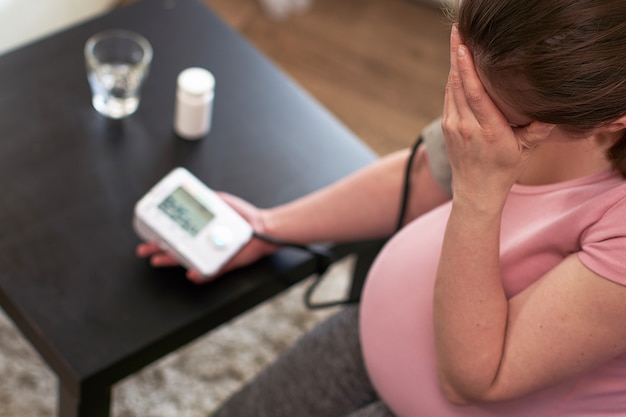
It can affect you both emotionally and physically. The symptoms can be hard to cope with. Without treatment HG may also lead to further health complications, such as depression or tears in your oesophagus.
Severe sickness can be exhausting and stop you doing everyday tasks, such as going to work or even getting out of bed.
In addition to feeling very unwell and tired, you might also feel:
- anxious about going out or being too far from home in case you need to vomit
- isolated because you do not know anyone who understands what it's like to have HG
- confused as to why this is happening to you
- unsure about how to cope with the rest of the pregnancy if you continue to feel very ill
If you feel any of these, do not keep it to yourself. Talk to your midwife or doctor, and explain the impact HG is having on your life and how it is making you feel. You could also talk to your partner, family and friends if you want to.
You could also talk to your partner, family and friends if you want to.
If you want to talk to someone who has been through HG, you can contact Pregnancy Sickness Support's help section. They have a support network across the UK and can put you in touch with someone who has had HG.
Bear in mind that HG is much worse than regular pregnancy sickness. It is not the result of anything you have or have not done, and you do need treatment and support.
Another pregnancy
If you have had HG before, it's likely you will get it again in another pregnancy.
If you decide on another pregnancy, it can help to plan ahead, such as arranging child care so you can get plenty of rest.
You could try doing things that helped last time.
Talk to your doctor about starting medicine early.
Blood clots and hyperemesis gravidarum
Because HG can cause dehydration, there's also an increased risk of having a blood clot (deep vein thrombosis), although this is rare.
If you are dehydrated and immobile, there is treatment that you can be given to prevent blood clots.
Read more about how to prevent deep vein thrombosis.
Morning vomiting of bile during early pregnancy: causes
Beauty secrets of stars
Causes of vomiting of bile during pregnancy
Toxicosis in the first trimester is a physiological condition if vomiting occurs no more than five times a day. In the case when this condition occurs frequently, you should definitely consult a doctor.
Why does vomiting of bile occur during early pregnancy?
- Photo
- Getty
There are three reasons why vomiting may occur during the first trimester.
- This may be due to hormonal changes. Excess estrogen, progesterone and human chorionic gonadotropin cause nausea and is the cause of vomiting of bile during pregnancy. The mechanism is simple. Since the stomach is empty in the morning, its contractions suck bile, which further increases nausea. The result is vomiting of bile.
- Pregnancy often provokes exacerbation of chronic diseases of the digestive system. Cholecystitis, cholangitis, pancreatitis can manifest as bilious vomiting. nine0022
- The mother's body begins to reorganize to work for two. Sometimes this process occurs with failures, which are manifested by vomiting.
If vomiting is not accompanied by sudden weight loss, dizziness, you can resort to little tricks to alleviate your condition. What to do if morning vomiting of bile appears during pregnancy0003
- Place a few pieces of biscuit at the head of the bed before going to bed. Perhaps someone will like pickled cucumber more.
 For some expectant mothers, it is enough to hold a match in their teeth. It is important that when you wake up, your lifesaver is at hand.
For some expectant mothers, it is enough to hold a match in their teeth. It is important that when you wake up, your lifesaver is at hand. - Do not brush your teeth on an empty stomach.
- Deep concentrated breathing will help to avoid a new urge. Breathe in through your open mouth, belly and chest at the same time.
- Avoid stuffy rooms. Sleep with the window open. nine0022
- Try not to drink large amounts of liquid at one time. Drink and eat small meals.
- Add a little baking soda or special alkali preparations to the water (as recommended by your doctor). This will reduce the concentration of gastric juice.
- Avoid unpleasant odors. Turn on the extractor while preparing breakfast.
All these methods are quite simple. And do not forget that the problem will go away by itself in the second trimester of pregnancy, so you should not take serious measures and load the body with medicines for vomiting. nine0003
However, if vomiting of bile occurs more than five times a day, be sure to consult a gastroenterologist. This may be a symptom of an illness unrelated to pregnancy.
This may be a symptom of an illness unrelated to pregnancy.
Read also: birthmark
Wday.ru editors
Read today
Everything is visible: Demi Rose showed a dress that no decent girl would dare to try on
Everything is simple! The psychologist told why the stars wear "naked" dresses - did you know about it? nine0003
A sight not for the faint of heart: Queen Letizia showed unkempt heels in open shoes
Camel toe, open breasts and other starlight: 55 embarrassing photos
Why apartments in the USSR were so small - the reason will surprise you yellow fluid during pregnancy?
admin
Contents
- Is yellow vomiting normal during pregnancy?
- Why do you vomit yellow liquid during pregnancy
- Associated Symptoms
- Timing of Yellow Vomiting During Pregnancy
- What to Do After Yellow Vomiting
- What Not to Do After Yellow Vomiting
- Preventing Yellow Vomiting
- How to Know It's More Than Just Standard Morning Sickness 9021 line
- Pregnancy Symptoms: 10 Early Signs You Might Be Pregnant
If you are pregnant, you may be paying more attention to everyday pain, discomfort, and body fluids than usual.:strip_icc():format(jpeg)/kly-media-production/medias/2785562/original/028627600_1556001360-shutterstock_1019963743.jpg) nine0003
nine0003
Because many common pregnancy symptoms fall into two categories—and—you may find yourself focusing intensely on every burp, fart, cramp, burning sensation, and food craving, wondering if you should ignore it or see a doctor.
And although you expected vomiting during pregnancy, you may not have expected it to be yellow, and now you don't know what to do about it.
Everything is fine! We know and are happy to inform you. nine0003
Is yellow vomit normal during pregnancy?
Yes, of course it can be!
Yellow vomit is just stomach acid. When you have no food in your stomach but still feel sick, you will inevitably start to feel sick with the only thing left there: bile.
Bile is an acid produced by the stomach to break down food.
If you vomit first thing in the morning when you haven't eaten anything yet, or if you're constantly sick, it's normal that you end up with yellow bile instead of what you had last time. nine0003
Why you vomit yellow liquid during pregnancy
The most likely reason you vomit yellow liquid during pregnancy is the same reason you vomit anything during pregnancy: hormones.
Especially during the first trimester, the levels of pregnancy hormones such as estrogen and progesterone rise sharply.
You are also developing higher levels of hCG, or human chorionic gonadotropin, as your body accepts that it is now home to a growing human (and needs to get ready, stat). nine0003
So vomiting is normal, but then again, since you can do it more often than usual and much more often first thing in the morning on an empty stomach, it will probably be yellow, at least some of the time.
Associated symptoms
Depending on whether you have been drinking any liquids recently and how much you have been vomiting, the consistency of the yellow vomit may vary.
It can be very thin and clear, frothy or even thick and slimy (yep, nasty). All this belongs to the category of "normal". nine0003
In addition to your sun-colored vomiting, you may also have the usual symptoms of morning sickness:
- Feeling nauseous, nauseated
- Stomach cramps
- Loss of appetite
- Dehydration
- Bitter or metallic taste in the mouth
- Vomiting
- yellow in pregnancy
Morning sickness usually occurs around the 6th or 7th week of pregnancy, peaks at 9-12 weeks, and then subsides by 12-20 weeks.
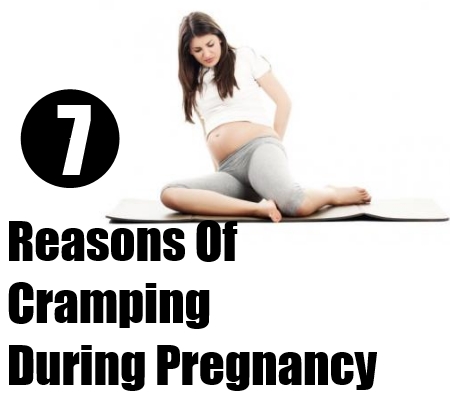 So, if you have a lot of yellow vomit, you can assume that it will probably follow this trajectory. nine0003
So, if you have a lot of yellow vomit, you can assume that it will probably follow this trajectory. nine0003 But here's where we share the bad news: some stay sick longer, and some really unhappy souls get stuck with morning sickness until they give birth (WHY?!).
Fortunately, this is not the case, so don't worry too much about it. We just have to present it as an opportunity.
What to do after throwing up yellow
It helps to calm the stomach after you vomit, so you can feel relief for a few hours. nine0003
Sipping nausea-inducing drinks such as mint tea and ginger ale can do wonders. The same can be said for carbohydrates: crackers, toast, dry cereal, pretzels, or plain bagels.
Water may be difficult to drink when nauseated, but try to stay hydrated. If you can't handle all that liquid going into your stomach, suck on ice cubes or popsicles or take small sips through a straw.
What not to do after vomiting yellow
Basically, just don't brush your teeth, no matter how tempting it may be.
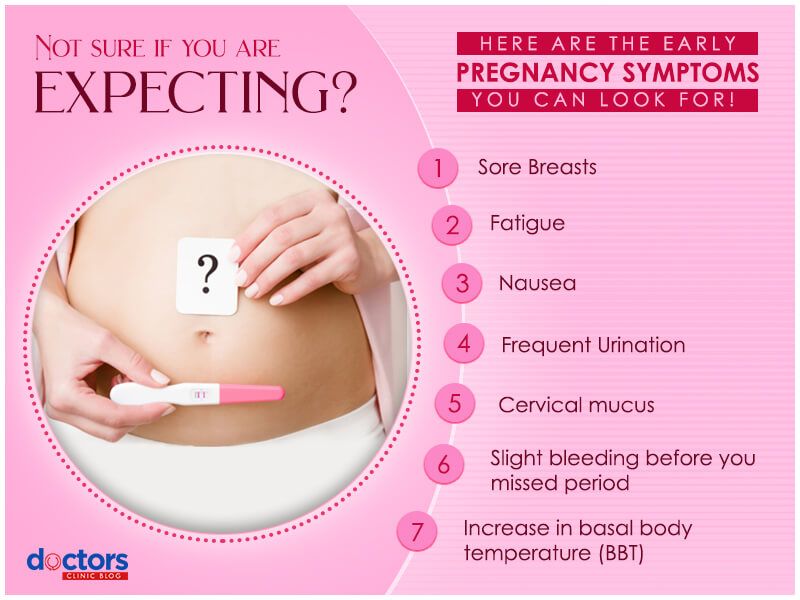
Yes, you have a disgusting taste in your mouth, and your breath smells bad. But when stomach acid comes into contact with your teeth (especially if you often feel sick), it can soften tooth enamel.
Brushing your teeth when your enamel is softened can actually wear away some of the enamel, which is not good for your teeth in the long run.
If you can't stand the taste in your mouth, try rinsing your mouth with water and then spitting it out again to rinse your teeth and tongue well without causing any damage. nine0003
Yellow Vomit Prevention
You can't always prevent morning sickness - it's caused by hormones that are completely out of your control. (Get used to it, by the way.)
But you can often find a couple of tricks that prevent the worst. And, in particular, you will be able to avoid yellow-colored vomit.
Try this:
- Eat a small snack right before bed or before you get out of bed in the morning. Having something in your stomach can prevent some morning vomiting episodes, and even if it doesn't, at least you won't be throwing up bile.
 Proteins like almonds and carbohydrates are good choices. nine0022
Proteins like almonds and carbohydrates are good choices. nine0022 - Do not skip meals. Consider always having something in your stomach, even the smallest. Many people notice that their nausea gets worse if they haven't eaten for 2 or 3 hours, so you might want to take a steady approach to eating for a while.
- Avoid overly spicy foods, which can increase nausea.
- Enough time to rest. Some find that their morning sickness gets worse when they are tired or running around empty.
- Talk to your doctor about how to manage nausea. There may be medicines you can use during the worst weeks of morning sickness to keep you from vomiting from morning to night.
How to Know It's More Than Just Standard Morning Sickness
While few people avoid vomiting during pregnancy, there is definitely a point where you exceed the "normal" amount of vomiting and swerve into medical condition territory.
This is called hyperemesis gestationis (HG).
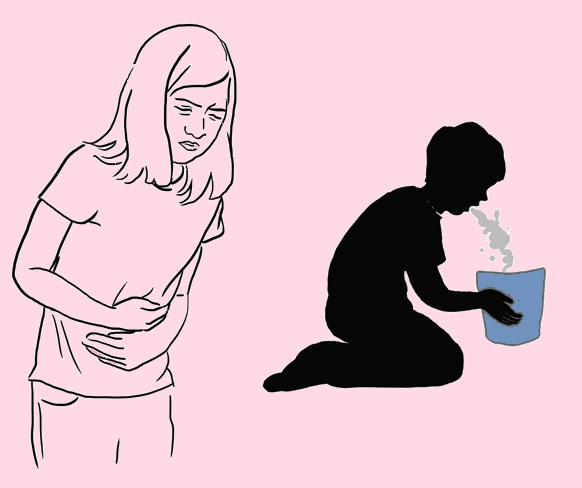 You can't just ignore it; untreated HG can lead to:
You can't just ignore it; untreated HG can lead to: - dehydration
- Non -mean
- Loss in weight
- Fainting
- Mental confusion
Typical red flags indicating that you may have HG, and not an ordinary morning malaise, include:
- vomiting constantly
- unable to hold on to any food
- fainting or dizziness
- weight loss more than 5 percent of body weight
Call your doctor if you think you may have HG. Also call your doctor if you have any of the following symptoms:
- Dark urine or inability to urinate
- Strong headache
- Frantic
- Sitting breathing
- Consciousness or confusion
- Strong pain or spasm of abdominal 9002 Bloodstone
- Visitance is Visual.
- sudden swelling of limbs
- abdominal pain
This could mean that your morning sickness is uncontrollable, or that you have an infection or other serious illness.

- Eat a small snack right before bed or before you get out of bed in the morning. Having something in your stomach can prevent some morning vomiting episodes, and even if it doesn't, at least you won't be throwing up bile.



